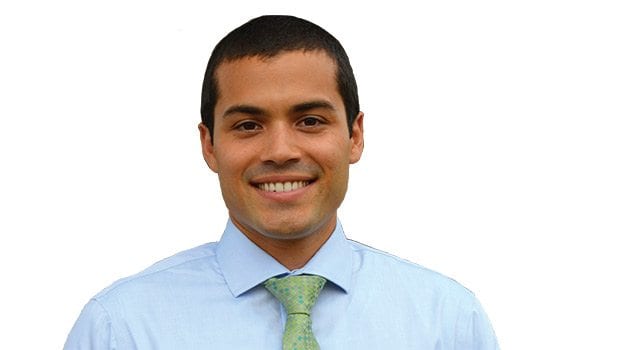Stigma of mental health: The sound of silence
An obstacle to seeking care

Pablo Campos, 27, said he was always an emotional guy. “It’s the Latin culture,” he explained. “We tend to be very passionate.” That emotion eventually led to trouble. In the third grade he was a bully and picked on other kids. He had outbursts if he thought that someone didn’t like him.
By the fifth grade he was drinking and by age 12 had experimented with pot. At 15 he was referred to a psychiatrist and diagnosed with chronic depression. The prescribed medication and weekly talk therapy helped, but did not curb his behavior.
“My problems escalated,” he said. By sophomore year he was using hard drugs. “That made everything worse,” he confessed. “I was moving backwards in mental health.” By the beginning of his senior year things got very low. He came to the conclusion that he had only one option. “I didn’t want to be around anymore,” he decided.
He took 40 pills — anything he could find. He cut his wrists, then hopped into his car and drove over 100 miles an hour. The flashing lights of a patrol car — and a crash barrier — stopped him. He blacked out and woke up in a hospital handcuffed to the bed.
That’s when he came face to face with the stigma of mental health. His parents finally confessed that his maternal and paternal grandparents suffered with depression, addiction and anxiety, but no one ever talked about it. The culture of Guatemala — his parents’ birthplace — didn’t allow it. “It’s on the down low,” Campos said. “People won’t go for help and advice. It took my attempted suicide for them [his parents] to acknowledge it.” Since many mental illnesses have a genetic link, this information could have been valuable to him and his therapists.
Stigma isn’t limited to older people. Teens and young adults readily seek treatment for substance abuse. To them that’s cool, Campos explained. But treatment for a mental health disorder is a sign of weakness. “There’s no street cred,” he said.
At age 20 Campos got on the right track through professional help. He has a strong support system, he got married and he is studying to become a clinical social worker. He exercises regularly and has become a foodie of sort.
Campos works with Active Minds, the leading non-profit organization that aims to remove the stigma of mental illnesses and encourage open conversations on college campuses nationwide. Campos wants to help others.
“I’m seven years clean,” he said.







